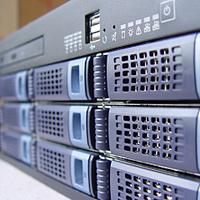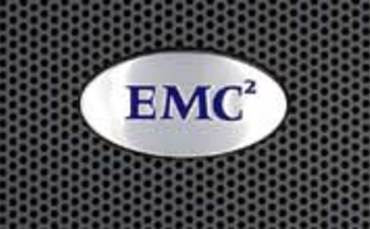Charles Costa| Midsizeinsider
Cloud computing has allowed professionals at midsize businesses to stay connected while on the go; as reliance on cloud services increases, however, data center architects are scrambling to find suitable locations for new data centers.
Although it is logical to assume future data centers will be built near high-population areas, a recent article from Fast Company discusses how cloud services might literally be housed in the clouds — or just above them — in the near future. For the sum of $100 million, data centers could be constructed at a low orbit, providing midsize companies with affordable access to archival storage where high-speed access is not required. Some of the most notable cost-saving features unique to space data centers include solar power and full automation and self-healing of the server hardware.
Cloud Computing Matters
Experts are now planning to launch data centers into space because the demand for computing power by midsize businesses has been growing exponentially for the past few years. Midsize companies need access to unlimited amounts of storage to keep copies of all their files, and redundancy is a must for any storage system. Companies often need to use data centers in multiple locations so they can hit the ground running even after a disaster. Additionally, data centers in space will free up traditional centers for tasks that must be completed rapidly; this will be a vital asset to midsize businesses.
As promising as these new cloud systems are, they are still a few years from hitting production. In the meantime, midsize businesses should make sure the provider they choose is reliable and can withstand even the toughest challenges.
What to Expect from a Data Center
Cloud technologies are the backbone of many modern businesses, so when it comes to picking a cloud services provider, midsize companies must ensure that their servers are housed in a proper data center. If a system were to fail, employees would be unable to perform their jobs, and customers could lose trust in the company.
Common safeguards to expect in a data center include fine-grained access control systems, fortified structures built to withstand natural disasters, round-the-clock security patrols (some facilities even have armed security) and waterless fire suppression systems. Although it can be tempting to store servers internally, midsize businesses are usually better off using an outside data center because it greatly reduces the risk of data loss. Another key benefit of outsourcing server housing is that internal IT staff can be freed up to focus on vital tasks within the company while the cloud services vendor focuses on keeping the servers operating properly.
Cost-Effective Computing and More
Since cloud providers typically require customers to pay only for the resources they use, cloud computing is an affordable and versatile field with many applications. Whether used for prototyping code, embracing agile development techniques or any other development task, cloud computing is an ideal fit for development teams because servers can be rented by the hour, day or month, allowing costs to be kept in check. Additionally, when a project goes live, cloud servers can be used to handle the bursts of traffic that a business’s internal servers cannot accommodate.
When it comes to cloud computing, the sky is the limit. By working with a solid cloud services vendor, virtually any midsize company can harness the power of the cloud.













